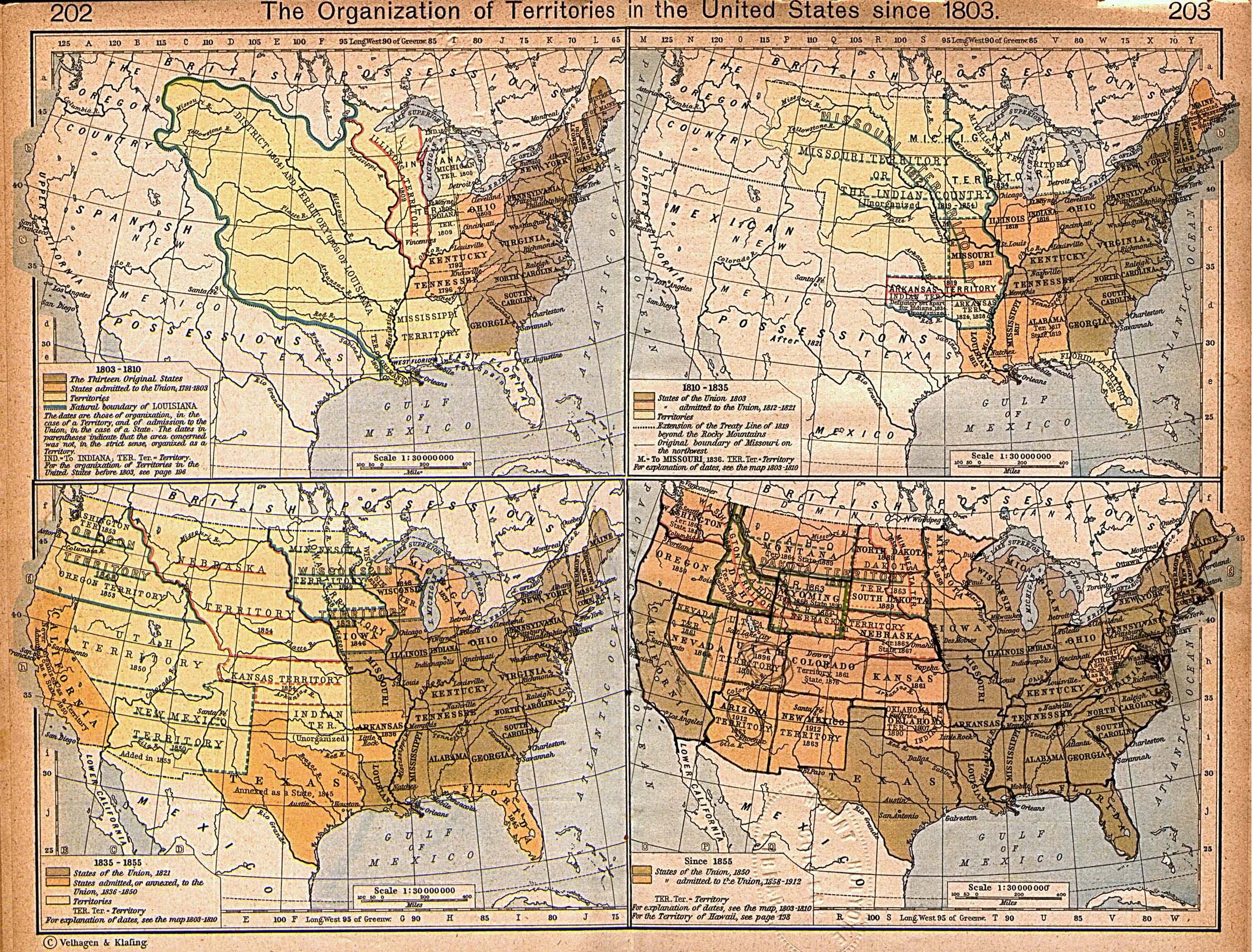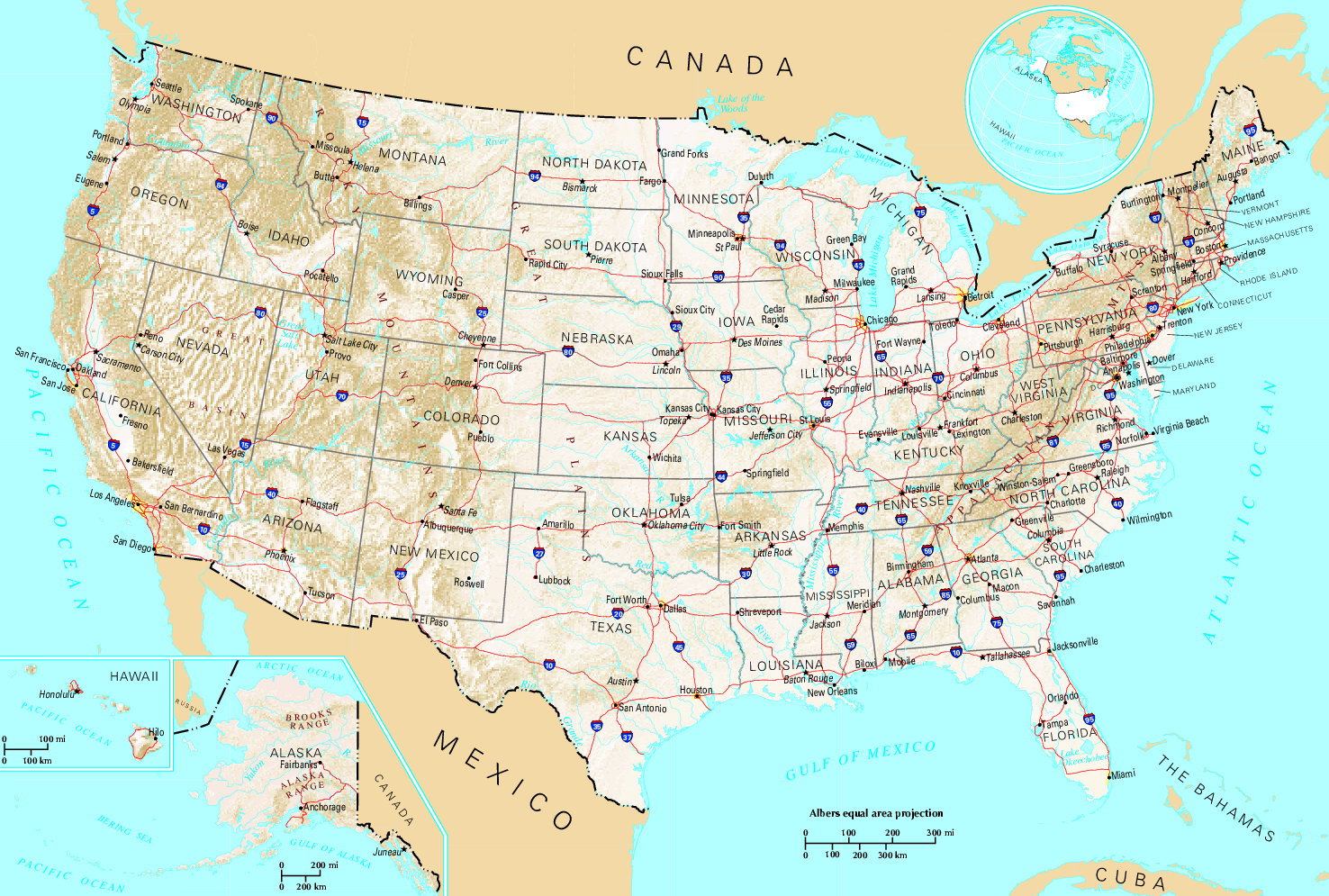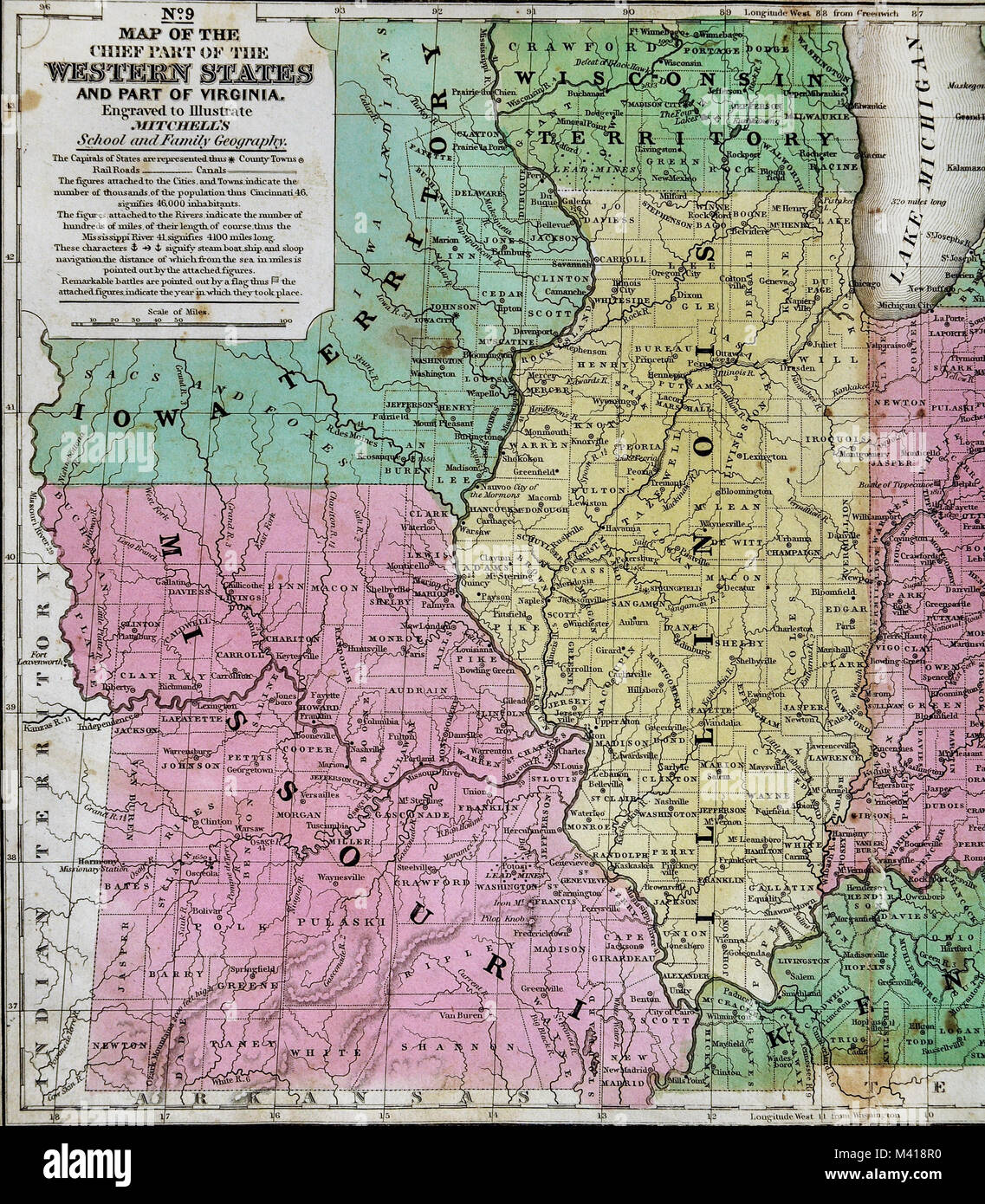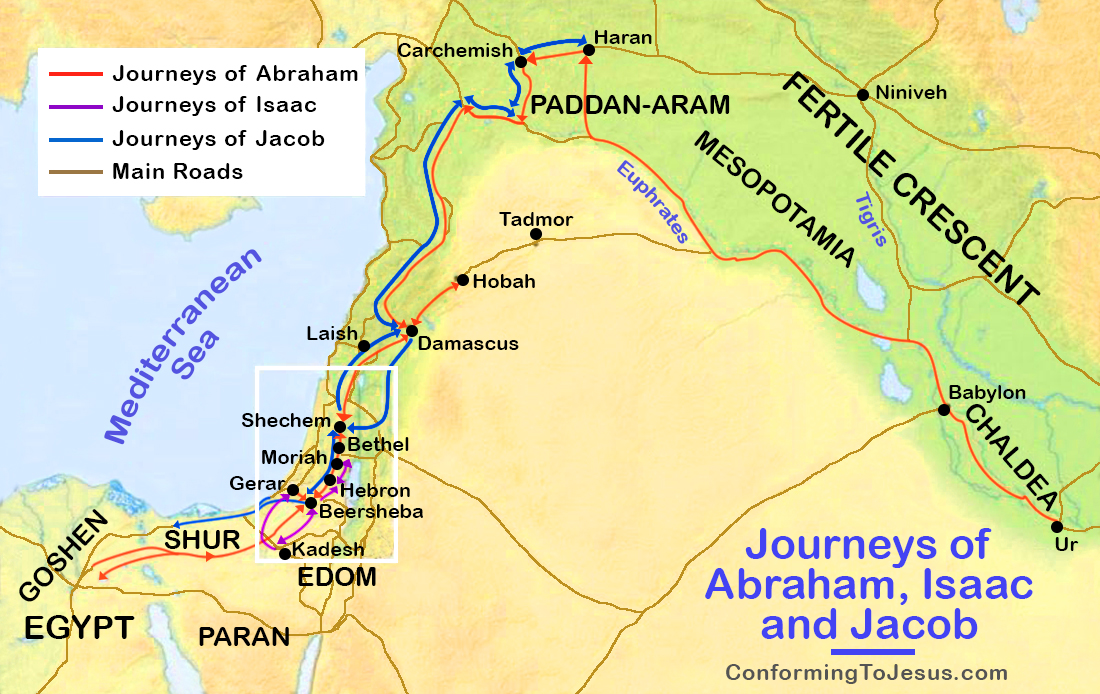Decoding the 50 States: A Geographic and Historic Journey Via Map Names
Associated Articles: Decoding the 50 States: A Geographic and Historic Journey Via Map Names
Introduction
On this auspicious event, we’re delighted to delve into the intriguing matter associated to Decoding the 50 States: A Geographic and Historic Journey Via Map Names. Let’s weave fascinating data and supply recent views to the readers.
Desk of Content material
Decoding the 50 States: A Geographic and Historic Journey Via Map Names

The US of America, a nation sprawling throughout an unlimited and numerous panorama, is commonly represented by its iconic 50-star flag and the equally recognizable map showcasing its particular person states. However past the easy visible illustration, every state’s title holds a wealthy tapestry of historical past, geography, and cultural significance. This exploration delves into the etymology and which means behind the names of all 50 states, revealing the tales etched inside their very appellations.
Northeastern States: A Legacy of Colonialism and Native Affect
The northeastern states, the cradle of American historical past, bear names reflecting their colonial origins and, in some circumstances, the indigenous populations who inhabited the land earlier than European settlement.
-
Maine: Derived from the French province of Maine, reflecting the early French presence within the area. The French claimed the territory, naming it after the historic province of Maine in France, a area identified for its forested lands. This connection highlights the early colonial struggles for management of the territory.
-
Vermont: A contraction of the French phrase "vert mont," which means "inexperienced mountain." This aptly describes the state’s verdant, mountainous panorama, a function that has outlined its identification and financial system for hundreds of years. The title displays the pure magnificence that attracted early settlers and continues to attract vacationers right now.
-
New Hampshire: Named by Captain John Mason in honor of Hampshire, England, his birthplace. This naming conference, frequent in early colonial settlements, displays the need to attach the brand new world with the acquainted landscapes and traditions of the previous.
-
Massachusetts: Derived from the Massachusett tribe, the indigenous individuals who inhabited the area. This can be a important instance of a state title acknowledging the pre-colonial presence, although the total which means of the phrase stays debated amongst linguists. It underscores the complicated relationship between the colonial settlers and the native inhabitants.
-
Rhode Island: Named after the Dutch island of Rhode Island (now generally known as Isla de Roda) within the Caribbean. This seemingly incongruous naming displays the affect of early Dutch merchants and settlers within the area, highlighting the various origins of colonial enlargement.
-
Connecticut: From the Mohegan or Pequot phrase "Quinnehtukqut," which means "lengthy tidal river." This title precisely displays the geography of the state, emphasizing the significance of its river methods in shaping its growth and historical past.
-
New York: Named in 1664 by the English after the Duke of York, James Stuart, later King James II. This displays the English conquest of the Dutch colony of New Netherland, a pivotal second within the shaping of the northeastern panorama and its political management.
-
Pennsylvania: Which means "Penn’s Woods," this title displays its founding by William Penn, a Quaker chief who established a colony primarily based on non secular tolerance and peaceable relations with the indigenous inhabitants. The title itself conveys the beliefs upon which the colony was based.
-
New Jersey: Named in honor of the Island of Jersey within the English Channel. This echoes the apply of naming colonies after acquainted locations in Europe, reinforcing the colonial connection and the aspirations of the settlers to recreate features of their homeland.
-
Delaware: Named after Lord De La Warr, a British governor of Virginia. This displays the complicated interaction of colonial energy dynamics and the institution of administrative management over the newly acquired territories.
Mid-Atlantic and Southern States: A Mix of Geography and Historical past
Transferring south, the names proceed to replicate a mix of geographical options, historic figures, and colonial influences.
-
Maryland: Named in honor of Henrietta Maria, Queen of England, spouse of King Charles I. This showcases the affect of the British monarchy in shaping the naming conventions of the colonies.
-
Virginia: Named in honor of Queen Elizabeth I, generally known as the "Virgin Queen." This displays the early English aspirations for the colony and the symbolic affiliation with the virgin lands of the New World.
-
North Carolina & South Carolina: Named after King Charles I, reflecting the royal connection and the division of the unique Carolina colony into two separate entities. The "North" and "South" designations spotlight the geographical distinction between the 2 states.
-
Georgia: Named in honor of King George II, who granted a constitution for the colony’s institution. This underscores the royal patronage and the political motivations behind the founding of the colony.
-
Florida: From the Spanish phrase "Pascua Florida," which means "Feast of Flowers," reflecting the Spanish exploration and colonization of the area. The title captures the colourful flora and the great thing about the panorama, a attribute that continues to outline the state.
Midwestern States: A Reflection of Native American Heritage and Geographical Options
The Midwest reveals a mix of Native American influences and descriptions of the land itself.
-
Ohio: Derived from an Iroquois phrase, presumably which means "nice river," reflecting the importance of the Ohio River in shaping the area’s geography and historical past.
-
Indiana: Derived from the phrase "Indian," reflecting the numerous presence of Native American tribes within the area earlier than European settlement.
-
Illinois: From an Algonquian phrase, presumably which means "males," "tribe," or "sturdy males." This title acknowledges the indigenous inhabitants and their cultural significance within the area.
-
Michigan: From an Ojibwe phrase which means "massive lake," reflecting the state’s distinguished Nice Lakes geography.
-
Wisconsin: From an Algonquian phrase which means "gathering place," referring to the area’s significance as a gathering level for numerous Native American tribes.
-
Minnesota: From a Dakota phrase which means "cloudy water," referring to the state’s quite a few lakes and rivers.
-
Iowa: Derived from an Iowa tribe title, signifying the indigenous presence and their cultural heritage within the area.
-
Missouri: From a Native American phrase, presumably which means "muddy water" or "the city of the nice prairies," reflecting the state’s geographical options.
-
North Dakota & South Dakota: Each named after the Dakota individuals, acknowledging the numerous indigenous presence and their cultural influence on the area. The "North" and "South" designations replicate the geographical division of the territory.
-
Nebraska: From an Oto phrase which means "flat water," referring to the state’s comparatively flat plains.
-
Kansas: From a Kansa tribe title, acknowledging the indigenous presence and their cultural heritage within the area.
-
Oklahoma: A Choctaw phrase which means "crimson individuals," reflecting the numerous presence of varied Native American tribes within the area.
Southern and Southwestern States: Spanish Affect and Geographical Descriptions
The southern and southwestern states bear the imprint of Spanish colonization and the distinctive options of their arid and semi-arid landscapes.
-
Arkansas: Derived from a Quapaw tribe title, acknowledging the indigenous presence and their cultural legacy within the area.
-
Louisiana: Named in honor of King Louis XIV of France, reflecting the French colonial affect within the area.
-
Texas: Derived from the Caddo phrase "Tejas," which means "mates" or "allies," reflecting the interactions between the Spanish colonists and the indigenous populations.
-
New Mexico: Named as a mirrored image of the Spanish colonization of the area, mirroring the naming conventions of different Spanish colonial territories.
-
Arizona: Derived from a Basque phrase, presumably which means "small spring" or "good spring," reflecting the scarce water assets and the significance of water sources within the arid panorama.
-
Colorado: From the Spanish phrase "colorado," which means "crimson," referring to the reddish shade of the soil within the area.
-
Utah: Derived from a Ute tribe title, acknowledging the numerous indigenous presence and their cultural heritage within the area.
-
Nevada: From the Spanish phrase "nevada," which means "snow-covered," referring to the snow-capped mountains within the area.
-
California: Derived from the fictional island of "California" in a Spanish romance novel, reflecting the romanticized picture of the area through the Spanish colonial period.
Mountain and Pacific States: Numerous Origins and Geographical Specificity
The western states reveal a various vary of influences, reflecting the distinctive geological options and the later waves of settlement.
-
Oregon: The origin is unsure, presumably from a Spanish phrase referring to a river or a Native American title.
-
Washington: Named in honor of George Washington, the primary President of the USA, reflecting the nationalistic sentiment and the enlargement of American affect westward.
-
Idaho: Of unsure origin, presumably from a Native American phrase or a corruption of a Spanish phrase.
-
Montana: From the Spanish phrase "montaña," which means "mountain," reflecting the state’s mountainous terrain.
-
Wyoming: Derived from a Delaware phrase which means "on the nice plains," reflecting the state’s geographical location and the huge plains that characterize a lot of its panorama.
-
Alaska: From an Aleut phrase which means "the nice land," reflecting the vastness and scale of the state.
-
Hawaii: Derived from the Hawaiian phrase "Hawai’i," referring to the archipelago and its indigenous tradition.
This exploration of the 50 state names highlights the wealthy and multifaceted historical past of the USA. Every appellation serves as a window into the previous, revealing the interaction of indigenous cultures, colonial ambitions, geographical options, and the enduring legacy of people who formed the nation’s identification. The names themselves are usually not merely labels on a map; they’re residing testaments to a posh and charming historical past. Understanding their origins offers a deeper appreciation for the various tapestry that makes up the American expertise.








Closure
Thus, we hope this text has supplied helpful insights into Decoding the 50 States: A Geographic and Historic Journey Via Map Names. We thanks for taking the time to learn this text. See you in our subsequent article!